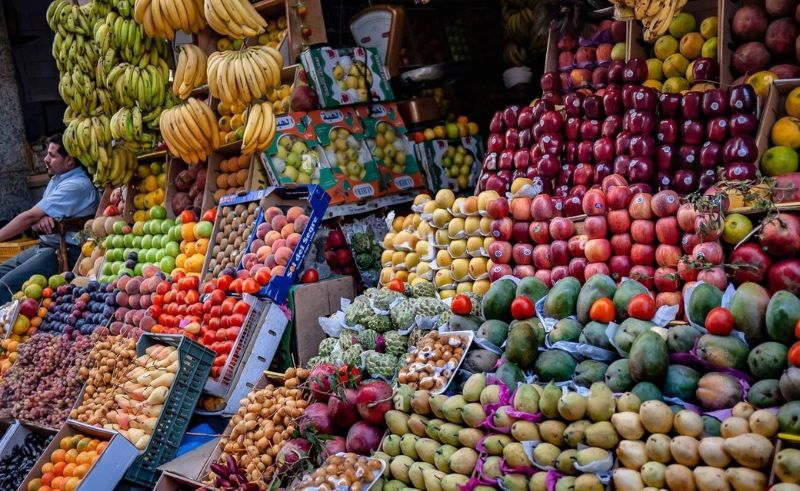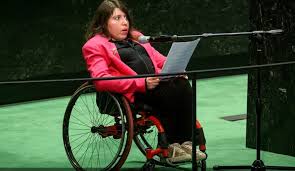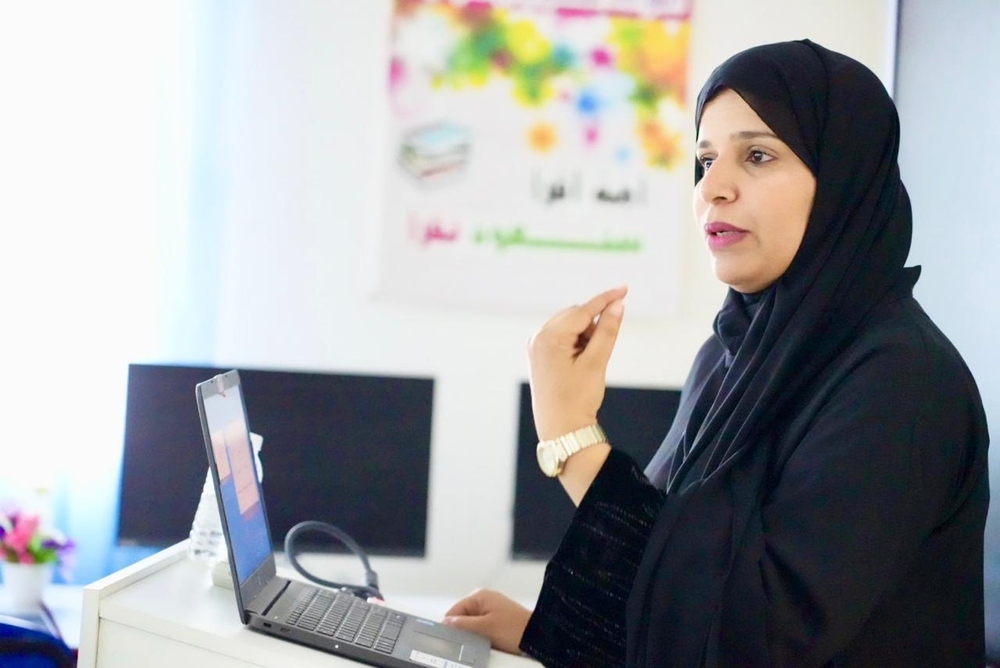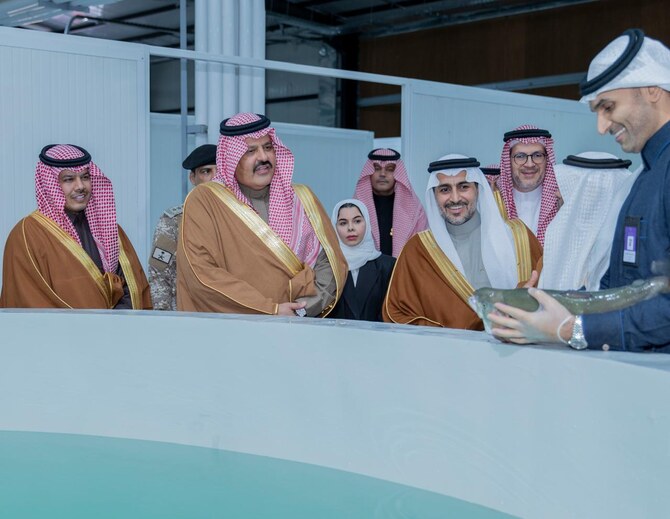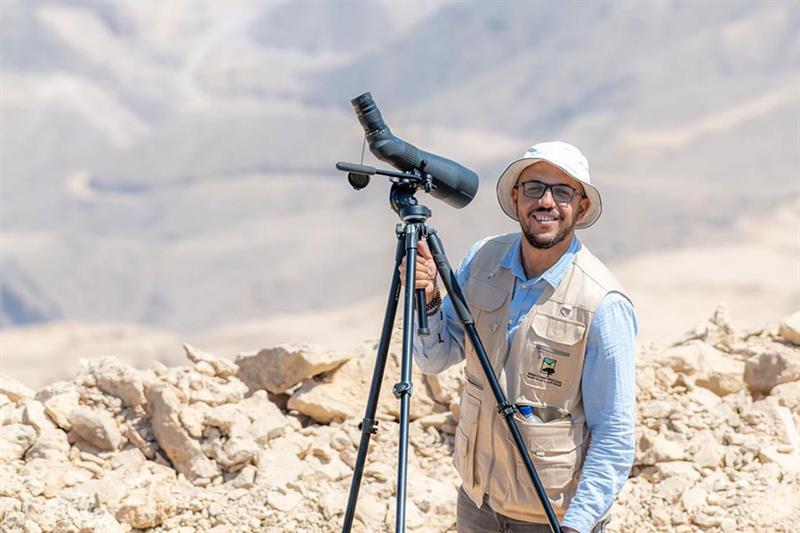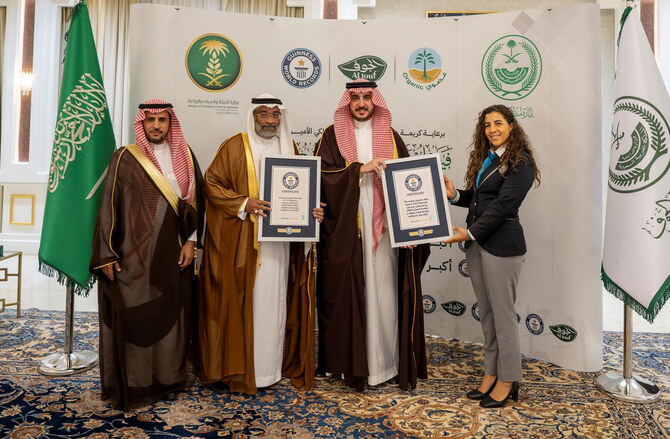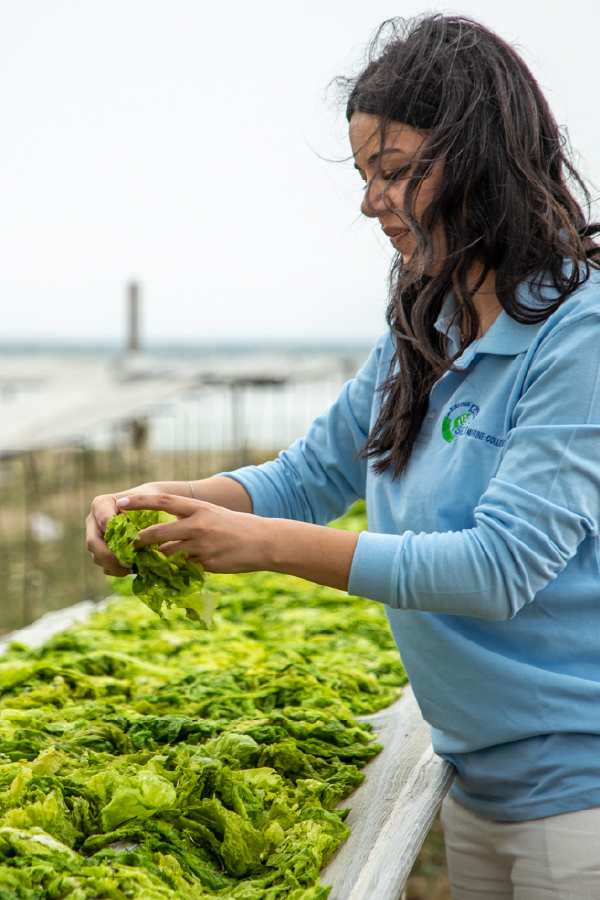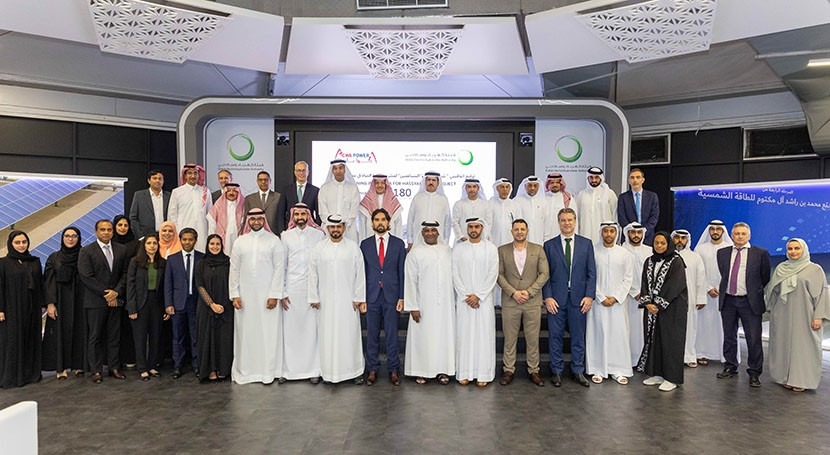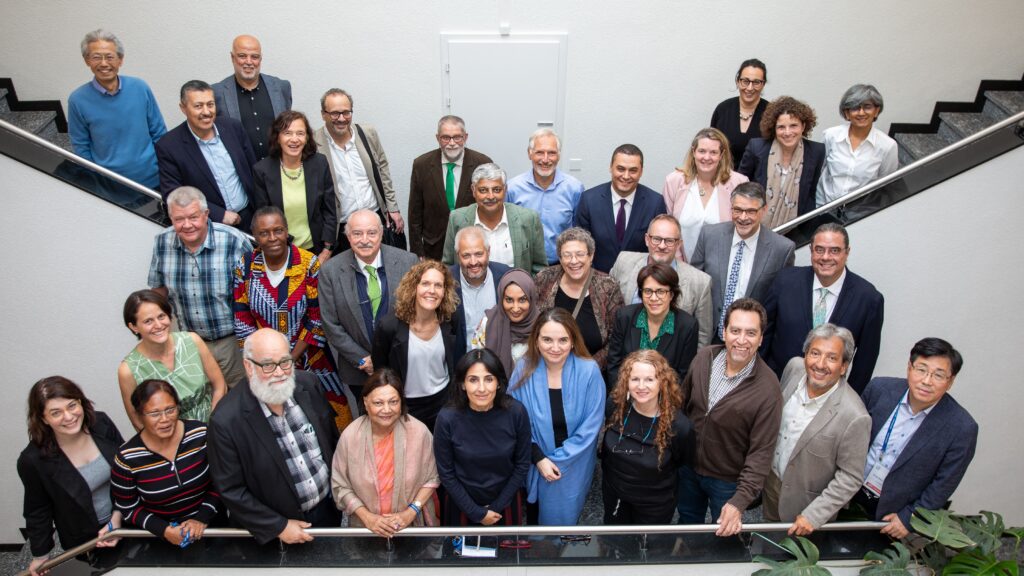Crafted by COPAG-Jaouda, this plant-based milk skips the gluten, lactose, preservatives, and added sugars, keeping things simple and natural.
For Moroccans looking to swap traditional dairy for a local plant-based option, the wait is over!
COPAG-Jaouda, a household name in the country’s dairy industry, has introduced “Nabatlé”, Morocco’s first entirely homegrown plant-based milk.
More than just a substitute, “Nabatlé” is set to revolutionize the country’s approach to food innovation.
It also answers a growing demand for healthier, natural choices while proving that local expertise can keep pace with evolving consumer palates.
Plant-based milk for everyone
As more Moroccans explore healthier alternatives, COPAG-Jaouda is making sure “Nabatlé” is not just an option but an accessible and affordable choice.
This plant-based milk skips the gluten, lactose, preservatives, and added sugars, keeping things simple and natural.
The cooperative says it delivers healthy fats, essential vitamins, and minerals while staying low in calories.
Whether vegan, vegetarian, or just curious, consumers can choose from three different varieties to suit their taste:
– Almond: Naturally sugar-free with a light, smooth taste and no cholesterol.
– Oat: Rich in fiber, minerals, and plant-based proteins.
– Coconut: Creamy with a mild exotic flavor, offering a source of calcium and vitamins A and D3.
To set the record straight on plant-based milk, which is new territory for some Moroccans, COPAG-Jaouda is rolling out an awareness campaign to showcase the milk’s nutritional perks and discover how versatile and beneficial they can be.
But “Nabatlé” is not just a dairy alternative. The company sees it as a symbol of Morocco’s ambition to create top-tier, competitive products that also care for the planet, all while staying eco-conscious.
What began in 1987 with 39 agricultural producers has grown into COPAG, Morocco’s largest cooperative.
Now, with over 12,000 employees and support for 24,000 farmers, COPAG continues to shape the agricultural landscape, spanning citrus, fresh produce, dairy, and meat industries.
source/content: moroccoworldnews.com (headline edited)
___________
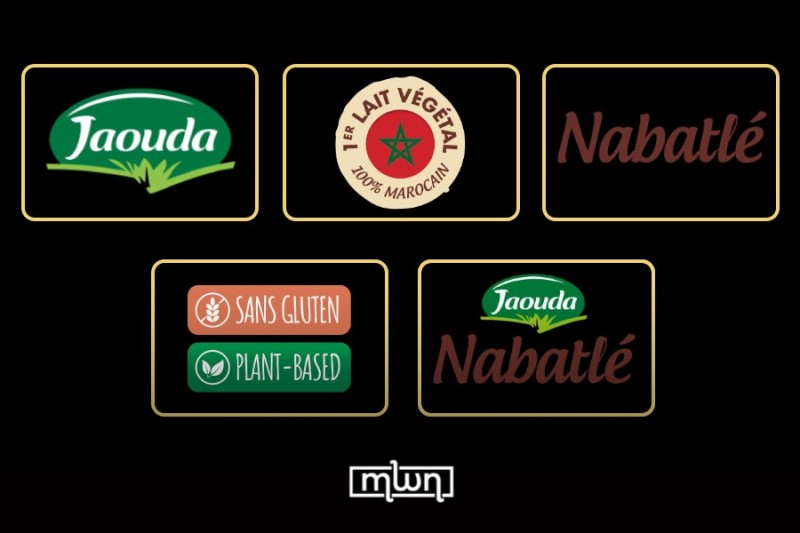
______________
MOROCCO
